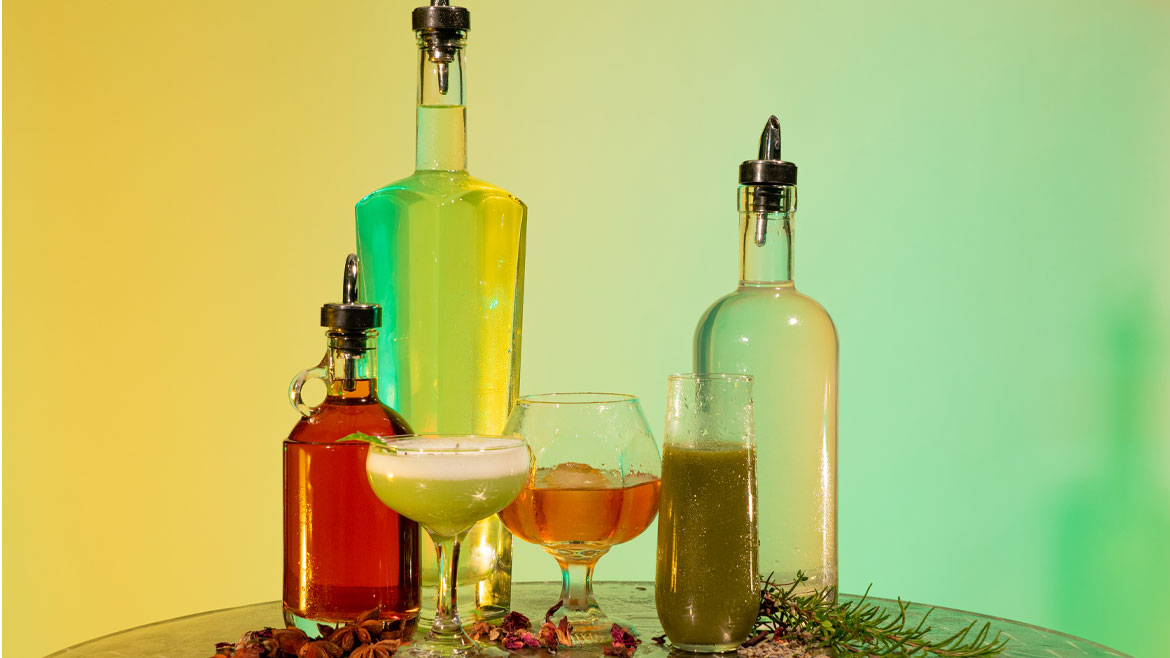You might think that alcohol and socialising are pretty much inseparable – but recent years have seen a quiet push toward sobriety. This comes in the form of drinks, including cocktails, which contain only limited quantities of alcohol. These beverages taste just like the real thing – or so the manufacturers claim. And they’re similarly priced, too.

According to analyses by IWSR, consumption of this kind of drink is growing at around three times the rate of ordinary alcohol consumption. This has given rise to the aforementioned new generation of sophisticated faux-alcoholic beverages.
Polling from the same organisation indicates that around 58% of consumers of this kind of drink also drink fully alcoholic products on the same occasion. This, then, is a means for drinkers to slash their consumption without compromising on their social commitments. If you’re looking to keep your levels of blood alcohol at the same level, you might alternate between full-strength drinks and the non-alcoholic equivalent.
Further analysis from data specialists NielsenIQ estimate that sales of non-alcoholic beverages have grown by around a third over 2021, to a total of $331 million. The growth was most pronounced in the spirits category, which more than doubled in size over twelve months.
This trend has already taken hold in the UK and US markets, but it’s also beginning to gain traction further east, with companies finding success across China, Hong Kong and Singapore. There are a range of cultural and legal considerations to be made here, but that isn’t slowing the spread of low-alcohol drinking practices.
Demographics
Younger generations are more heavily steeped in so-called ‘wellness’ culture, and more concerned with their health than older ones. Among the many consequences of this is that young people are, on the whole, more likely to avoid alcohol. By making non-alcoholic alternatives available, the drinks industry is able to lure these younger customers out into bars.
There’s reason to suppose that alcohol-free drinks will continue to become more accessible to everyone, which is a good thing for a whole range of reasons. Alcohol is linked to a whole range of health problems, from diabetes to cancer. It’s addictive, and excessive consumption can ruin an otherwise perfectly enjoyable night out.
Of course, there’s still room for responsible drinking. As we’ve already noted, most of the people enjoying these new products aren’t teetotal. By giving drinkers the option of slowing down midway through the night, many of the bad health consequences associated with excessive alcohol consumption can be mitigated, or outright avoided.
Leave a Reply